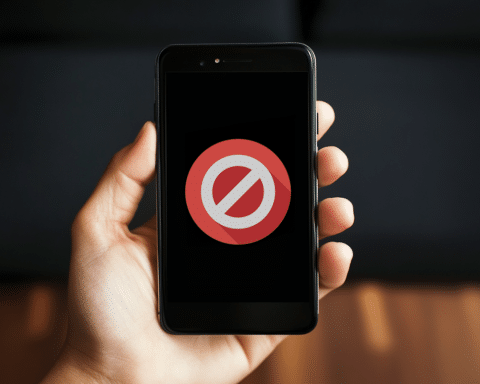Brian Walshe, who is facing charges of murder and disinterring a body in the case of his wife Ana Walshe, was arraigned in court on Wednesday. The prosecution in the case read out a list of Google searches allegedly made by the defendant in the early hours of January 1, the morning police believe Ana went missing. The searches include queries such as “can you throw away body parts” and “10 ways to dispose of a dead body if you really need to”.
Ana Walshe, who was reported missing by colleagues on January 4, was last seen on January 1. Brian Walshe told police in an affidavit that his wife Ana had left for her job in Washington DC on January 1 – though the prosecution says there is no evidence she left home that morning, and she hasn’t been seen since.
The Prosecution’s Evidence
In court on Wednesday, as Brian Walshe was arraigned, prosecutor Lynn Beland read out Google searches the prosecution alleges were made in the early hours of January 1:
- 4:55 a.m.: “How long before a body starts to smell”
- 4:58 a.m.: “How to stop a body from decomposing”
- 5:20 a.m.: “How to embalm a body”
- 5:47 a.m.: “10 ways to dispose of a dead body if you really need to”
- 6:25 a.m.: “How long for someone to be missing to inherit”
- 6:34 a.m.: “Can you throw away body parts”
- 9:29 a.m.: “What does formaldehyde do”
- 9:34 a.m.: “How long does DNA last”
- 9:59 a.m.: “Can identification be made on partial remains”
- 11:34 a.m.: “Dismemberment and the best ways to dispose of a body”
- 11:44 a.m.: “How to clean blood from wooden floor”
- 11:56 a.m.: “Luminol to detect blood”
- 1:08 p.m.: “What happens when you put body parts in ammonia”
- 1:21 p.m.: “Is it better to throw crime scene clothes away or wash them”
The prosecution also alleged that Brian Walshe traveled to a Home Depot on January 2, spending $450 on supplies including cleaning equipment, tarps, and a hatchet. Another search on Google was “hacksaw best tool to dismember”. Further searches related to decomposition and masking the smell of a corpse.
Police believe Ana’s remains were discarded in a dumpster, the contents of which would have been shredded and incinerated. Beland told the court that a man matching Brian Walshe’s description had been seen on surveillance footage throwing a heavy garbage bag into a dumpster on January 3.
The Defense’s Stance
Brian Walshe’s attorney, Tracy Miner, said in a statement that “It is easy to charge a crime and even easier to say a person committed that crime. It is a much more difficult thing to prove it, which we will see if the prosecution can do.” Miner also mentioned that the prosecution leaking evidence to the media before providing it to the defense, suggests that their case may not be as strong.
The Use of Google Search Data as Evidence
The use of Google searches as evidence in court is becoming more common as it can provide insight into a person’s thoughts and intentions. However, it is important to note that just because a person searched for something on Google, it does not necessarily mean they acted on it or committed a crime. The defense may argue that the searches were made out of curiosity or for other reasons and that there is no direct link between the searches and the alleged crime.
Privacy Concerns
The use of personal search data as evidence raises privacy concerns and raises questions about its legality and constitutionality of it. There are laws and regulations in place to protect an individual’s privacy and personal information, and the prosecution will have to prove that they obtained the search data legally and in accordance with these laws. The defense may also argue that the search data was obtained without a warrant or without proper legal authorization, and therefore should not be admissible as evidence.
The case against Brian Walshe is still ongoing and the court will have to weigh the evidence presented by the prosecution against the defense’s arguments. The use of Google search data as evidence is a complex issue that raises legal, constitutional, and ethical questions. The court will have to weigh the probative value of the evidence against the potential invasion of privacy and its potential to prejudice the jury. The prosecution will have to prove that the searches were made by the defendant and that they are relevant to the case. It is important to note that just the use of the search data as evidence is not a guarantee of conviction.




